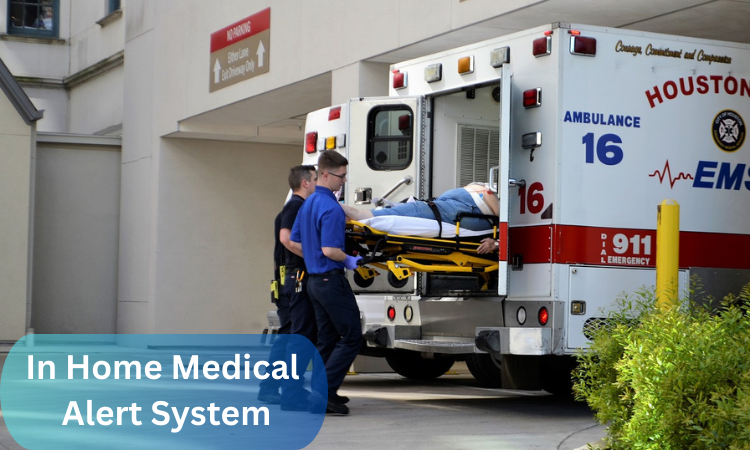Seeing your loved one age or face health challenges can trigger a constant hum of worry. The fear of them being alone during an emergency can be a heavy burden. But amidst the anxiety, hope emerges in the form of medical alert devices. These silent guardians offer a lifeline of safety and peace of mind, empowering both your loved one and you. But with so many options available, choosing the right system can feel overwhelming. Fear not! This guide will equip you with the knowledge to navigate the features, understand your loved one’s needs, and find the perfect fit for their unique situation.
Step 1: Assessing Your Loved One’s Needs
Before diving into tech specs, take a moment to reflect. What are your loved one’s primary concerns? Do they spend most of their time at home, necessitating an in-home system? Or are they active and on the go, requiring mobile coverage? Are they prone to falls, making fall detection a must-have? Do they have specific health conditions that require additional monitoring features? Identifying their needs is the cornerstone of choosing the right system.
Step 2: In-Home vs. Mobile: Defining Their Coverage Zone
In home medical alert system, with their base unit connected to a landline or cellular network, provide reliable coverage within their living space. This might be ideal for seniors who spend most of their time indoors. However, if your loved one is active and frequently ventures out, a mobile system with GPS and cellular technology becomes their guardian angel wherever they go.
Step 3: Beyond the Button: Exploring Additional Features
Modern medical alert systems go beyond emergency response. Some offer:
- Medication reminders: Ensure timely medication adherence, crucial for managing chronic conditions.
- Vital sign monitoring: Track heart rate, blood pressure, and other vitals, providing valuable health insights and enabling proactive healthcare management.
- Two-way communication: Allow direct conversation with the monitoring center, reducing anxiety and providing real-time updates for both you and your loved one.
- Environmental sensors: Detect smoke, gas leaks, and other hazards, creating a safer living environment.
Consider which features complement your loved one’s lifestyle and health needs.
Step 4: The Watchful Eye: Choosing the Right Monitoring Center
The heart of any medical alert system is the monitoring center. Choose one with:
- 24/7 availability of trained professionals: Ensure help is always just a button press away.
- Certifications and positive customer reviews: Look for reputable companies with a proven track record.
- Guaranteed response times: Choose a center that prioritizes swift action in emergencies.
Step 5: Cost Considerations: Finding the Right Fit for Your Budget
Medical alert systems vary in price based on features, monitoring services, and contracts. Research different options, compare features and services, and create a budget that aligns with your affordability. Remember, investing in your loved one’s safety is priceless.
Step 6: Customer Service: A Partner in Your Well-being
Even the most sophisticated system is useless without proper support. Choose a company with:
- Readily available technical assistance: Ensure your loved one feels comfortable using the device.
- User-friendly interfaces: Opt for systems with simple and intuitive designs.
- Clear communication channels: Stay informed and address any concerns promptly.
Step 7: Trial Runs and Confidence Building
Most companies offer trial periods. Take advantage of this! Let your loved one wear the device, familiarize themselves with the features, and test the emergency button. This hands-on experience builds confidence and ensures they feel comfortable relying on the system when needed.
Remember: Medical alert systems are not a replacement for regular medical care or supervision. But they are a powerful tool for enhancing your loved one’s safety, independence, and peace of mind. By carefully considering their needs, exploring features, and choosing the right system, you empower them to live life to the fullest, with the knowledge that you’re both connected by a silent guardian, watching over them wherever they go.
So, take a deep breath and embrace the freedom that comes with knowing your loved one is not alone. Choose their medical alert system wisely, and let it become your shared silent partner in navigating life’s unexpected turns, with confidence and a smile.





